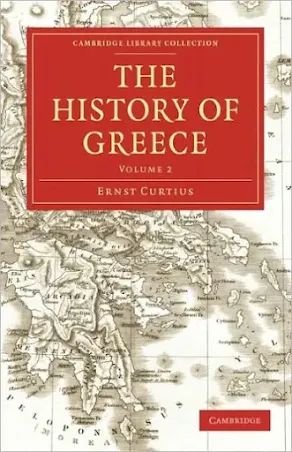✍️ Quote:
Amyntas belonged to a collateral branch of the Temenidæ of Argos. During the disturbances which interrupted the legitimate succession of the Argive kings (vol. i. p. 271), about the middle of the ninth century B. C., Caranus had come into Macedonia and had obtained royal power among the mountain tribes; and this royal power became hereditary in his house.
Their power was not that
of despotic princes, but one regulated from the first by laws and mutual
agreement. The whole history of the empire connects itself with the dynasty of
the Temenidæ, and commences with Perdiccas, who pushed his conquering march
forward from the mountain fastness of Ægæ into lower Macedonia, the ancient
Emathia, by the conquest of which the Macedonian Temenidæ established their
imperial power.
📖 The History of Greece Vol. 2
Book by Ernst Curtius, Adolphus William Ward; Charles Scribner’s Sons,
1871, page 188
✍️ Quote:
In the house of Amyntas Greek culture reigned and his son Alexander had
adopted it with his whole heart and soul. Alexander was a thorough Greek, and
recognized the future of Macedonia as depending on her intimate connection with
the Hellenic states.
✍️ Quote:
The whole Alpine country of Northern Greece was now under vassals of the
Achæmenidæ; and as formerly the Dorians had advanced from Macedonia to the
south, so the Barbarians now wished at the opportune moment to penetrate into
the lower country, in order to surround the sea on the west side also with
their power.
📖 The History of Greece Vol. 2
Book by Ernst Curtius, Adolphus William Ward; Charles Scribner’s Sons,
1871, page 189
✍️ Quote:
On the present occasion Mount Athos protected the western Greeks.
📖 The History of Greece Vol. 2
Book by Ernst Curtius, Adolphus William Ward; Charles Scribner’s Sons,
1871, page 216












Δεν υπάρχουν σχόλια:
Δημοσίευση σχολίου